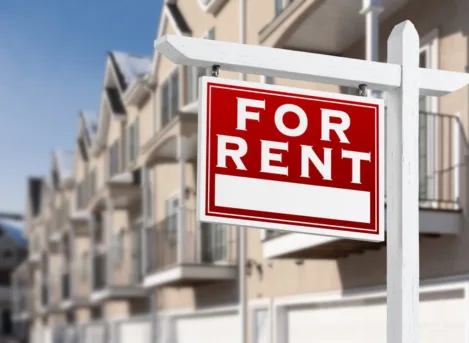Sellers of real estate in Rhode Island should be aware of a recent amendment to Rhode Island’s Real Estate Disclosure Act (hereinafter “REDA” and R.I. Gen. Laws § 5-20.8-1, et seq.) which requires sellers of improved real estate in Rhode Island to disclose to the buyer a variety of conditions regarding the property that is the subject of the proposed sale. R.I. Gen. Laws § 5-20.8-2(b)(2). “Rhode Island’s enactment of REDA [was] part of a trend spreading amongst the states and imposing disclosure obligations upon sellers of real estate” with the purpose of setting “forth a standard disclosure for sellers and their agents before the transfer of real estate occurs.” American Capital Corp. v. Blixseth, 575 F. Supp. 2d 379, 384 (D.R.I. 2008) (quoting Stebbins v. Wells, 818 A.2d 711, 718 (R.I. 2003)). REDA requires a real estate seller, prior to the signing of an agreement to transfer real estate, to deliver to the buyer a written disclosure of all default conditions set out in the statute. Id. at § 5-20.8-2(a). These required disclosures include information regarding the roof, insulation, radon testing, deed restrictions, flood plains and zoning restrictions and easements. The recent amendment to REDA, effective January 1, 2020, now requires that the seller also disclose information about any mold issues at the structure, any ventilation system modifications and any moisture penetration and damage. The amendment was reportedly passed to allay concerns about buyers unwittingly purchasing properties in which marijuana had been previously cultivated.
The amendment further requires that sellers disclose electrical service modifications, heating system modifications, plumbing modifications, mold modifications and ventilation system modifications. REDA, however, does not define what constitutes a “modification.” Indeed, the terms “modify” and “modification” are defined nowhere in Rhode Island’s General Laws. The First Circuit Court of Appeals, interpreting a federal law, has recognized that the “accepted lexigraphic definitions of the verb ‘modify’ are vague and, to some extent, internally inconsistent.” Sierra Club v. Marsh, 907 F.2d 210, 212 (1st Cir. 1990). The United States Supreme Court, reviewing a Federal Communications Commission regulation, concluded that the term “modify” “connotes moderate change” and observed that “whether a change is minor or major depends to some extent upon the importance of the item changed to the whole.” MCI Telecommunications Corp. v. American Tel. & Tel. Co., 512 U.S. 218, 229 (1994). Therefore, the recent amendments to REDA may require disclosure of basic upgrades and material repairs to the heating, electric, plumbing and ventilation systems in a house.
Failure to disclose required conditions under the Rhode Island REDA can result in civil penalties under R.I. Gen. Laws § 5-20.8-5(b) and failure to disclose a condition determined to be materially deficient is grounds for the termination of a real estate sale and return of deposit. American Capital Corp. v. Blixseth, 575 F. Supp. 2d 379, 384 (D.R.I. 2008) (“[I]nformation is material when specifically required by the statute to be disclosed, and finding otherwise would defeat the Court’s ultimate goal of giving effect to the purpose of the act as intended by the Legislature.”). The Rhode Island Association of REALTORS® provides a standard disclosure form and there has been guidance that those standard forms will be updated to reflect the amendments but, until then, seller should be sure to consult a real estate attorney for advice regarding proper disclosure.





